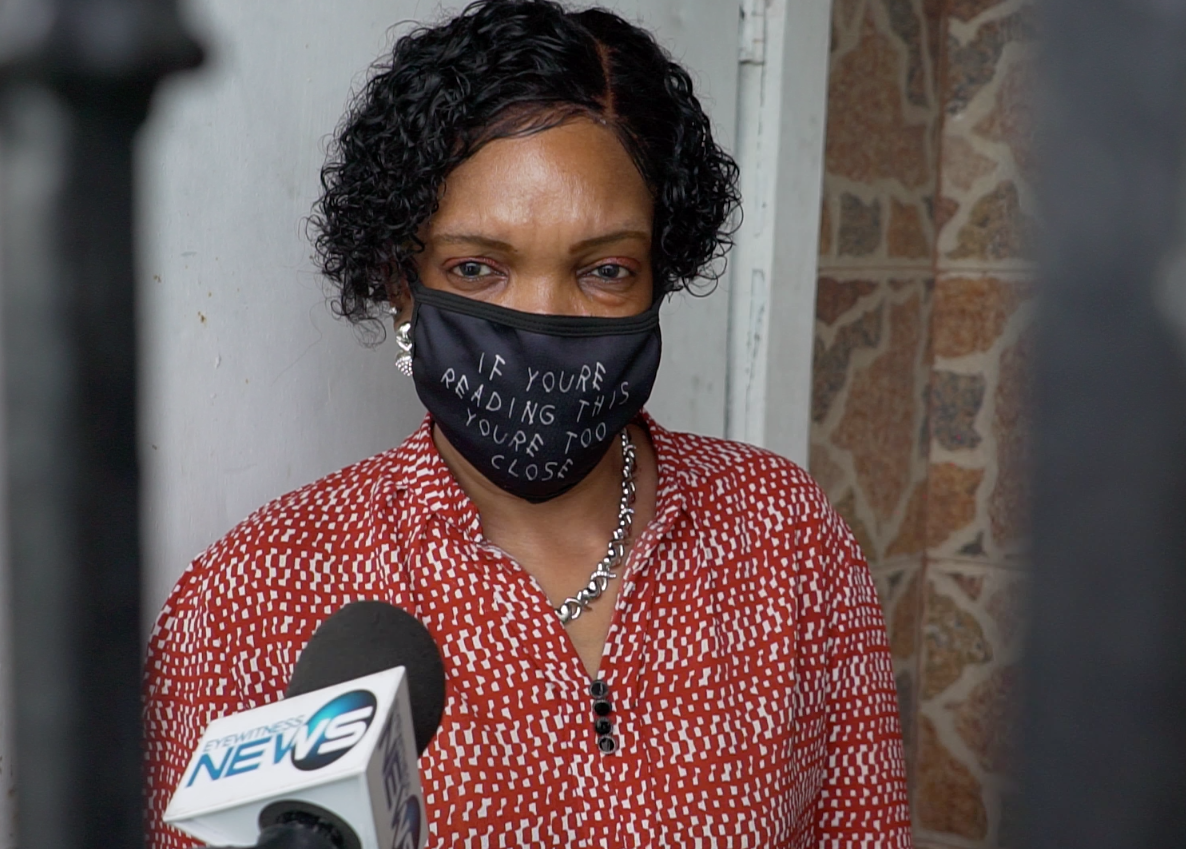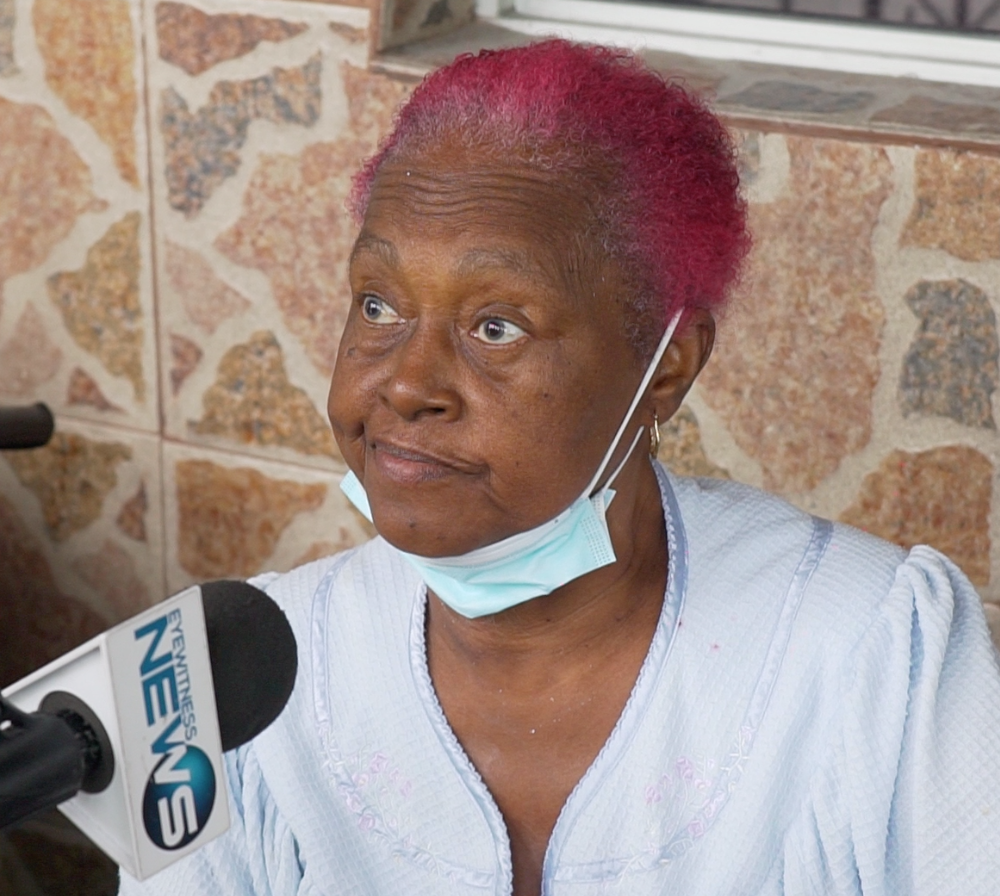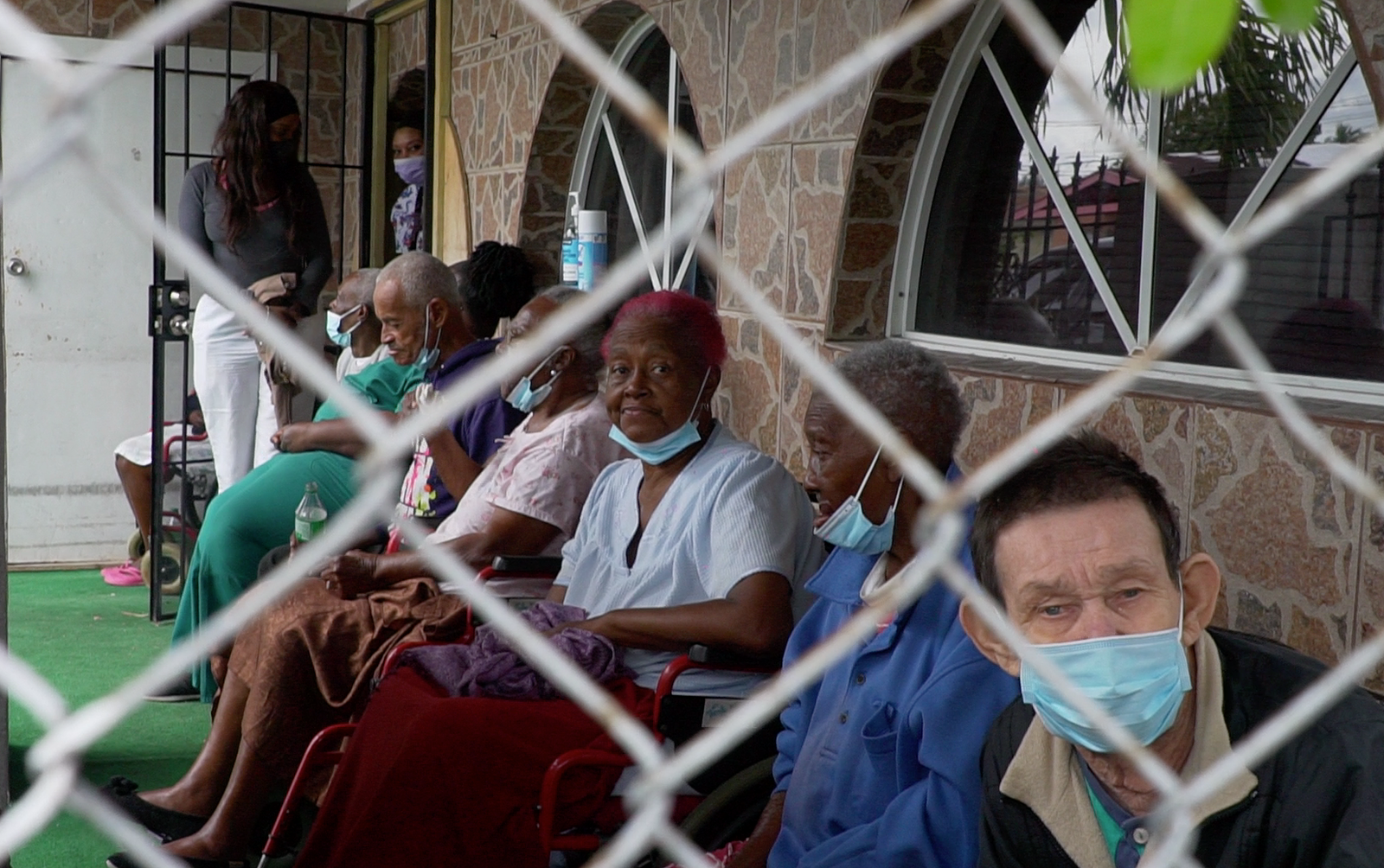Some express fear; others ask “why bother?”
Consent form needed for residents of senior citizen homes for vaccinations
NASSAU, BAHAMAS — With the government expected to begin coronavirus vaccinations of residents and staff of elder care homes in a matter of days, some of those have said they are not prepared to take the vaccine.
Residents of the Good Samaritan Senior CItizens Home in Yellow Elder said they are afraid to take the vaccine and are not prepared for the jab.

Dr Sinymae Capron, head of facility, told Eyewitness News she has been contacted by the Ministry of Health regarding the vaccinations for the 24 residents and five staff members at the home.
“They said they’ll let us know. They will inform us when they will be coming to the home to do it,” she said.
She noted, however: “You have some of the residents here, they are already saying that they aren’t going to take it and some of the staff, they are not too sure either.
“Some of them said they have medical issues. Some are diabetic, hypertension and some have heart problems. Some of them, they say they are afraid right now.”
Capron noted that in addition to the apprehension of those in the home, in order for her to allow the residents to be vaccinated by the Ministry of Health, she must have a consent form from the family members of those senior citizens.
She said staff members have not spoken to any of those relatives as yet but she does intend to make contact with them before vaccines are offered.
“It’s up to the relatives to do that part, so I don’t know how it’s going to work out like that,” she said.
The Bahamas is expected to receive its first tranche of COVID-19 vaccines from the Indian government by Wednesday and its second tranche from the World Health Organization/Pan American Health Organization (WHO/PAHO) by the end of March.
The remaining doses through COVAX are expected to arrive in the country by the end of May 2021.
The prime minister has advised distribution of the vaccine will begin days after it arrives in the country.
Those eligible to receive the first vaccine doses will include healthcare workers in the public and private sector, residents and staff of elder care homes and non-ambulatory residents registered in the public health system.

One resident of the facility, Flora Lowe, 89, said she is not prepared to take the vaccine.
“I don’t think I [will] bother with that,” Lowe told Eyewitness News.
“My close family on Abaco and I don’t know if they want me do that. At my age, I don’t know if I should bother with that.”

Another resident of the home, Katherine Clarke-McKenzie, 72, said she is also not “willing to risk” her life on the vaccine.
“I am a hypertensive. I am a sugar diabetic. I had two heart attacks before, two mild strokes and no way God bring me through that and he will bring me through the rest from last year.
“Thanks for y’all efforts. I’m not risking my life to bother with that. I done reach to 72.”
The government has assured vaccinations will be voluntary.
According to a recent study, a first dose of coronavirus vaccines, Pfizer or Oxford’s Astra Zeneca, has proven “highly effective” in protecting senior citizens and substantially reducing their risk of becoming infected with the virus,
Data contained in a Public Health England study, which gathered data on Britain’s inoculation program since January, showed that four weeks after the first dose, the vaccine was roughly 60 percent effective in preventing the virus among people over the age of 70.
The study with older groups was a missing component from the vaccine’s earlier clinical trials, which did not enroll as many older people in comparison to other vaccines.
In people at least 80 years of age, a first dose was 70 percent effective at preventing infection for weeks later.
That resistance rate rose to 89 percent two weeks after the second dose.






